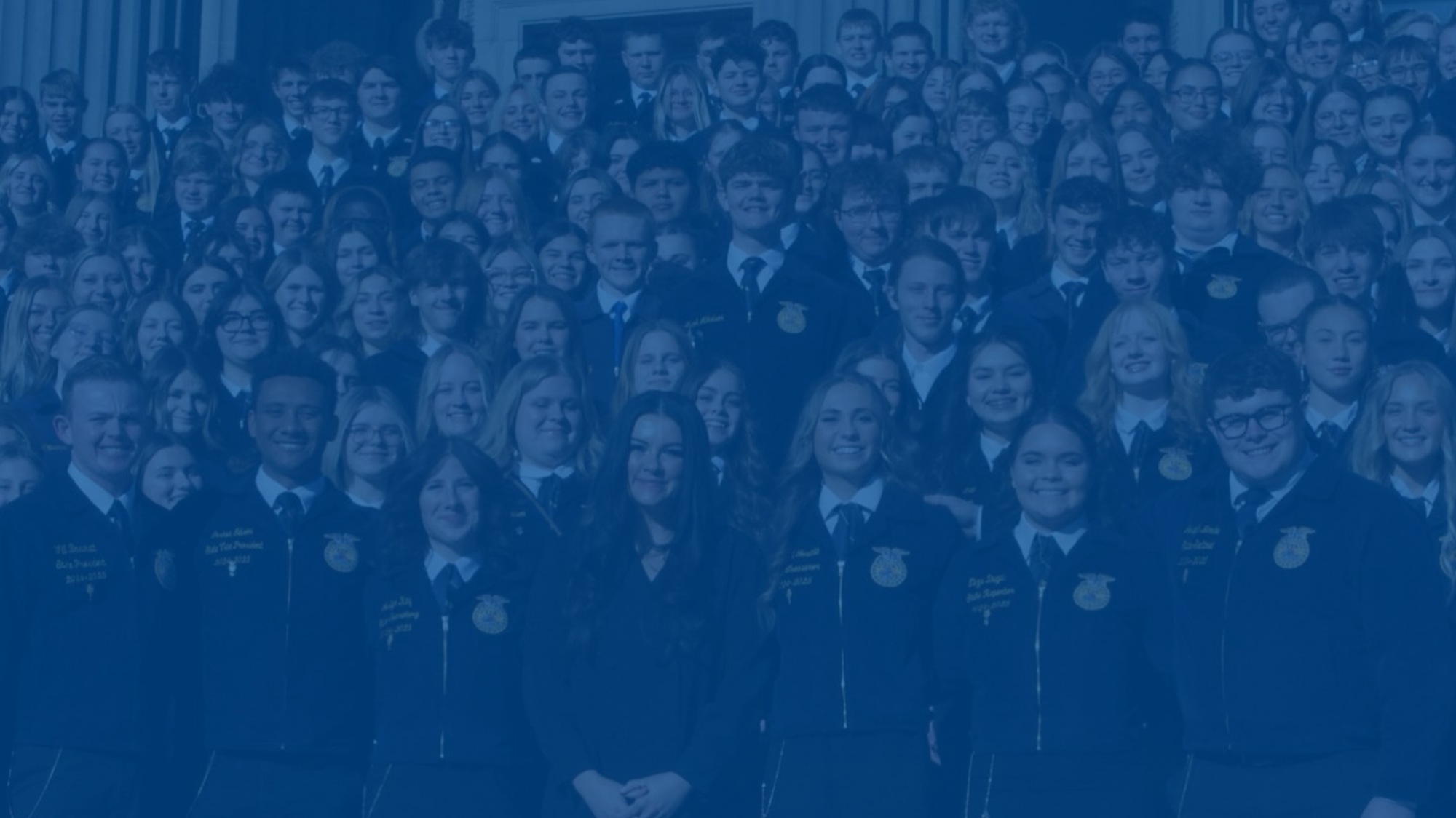
POSTSECONDARY OPPORTUNITIES
For students planning their next steps after high school, this page features Idaho-specific postsecondary resources – including colleges, universities, and technical programs in agriculture or related fields.
-
The College of Agricultural and Life Sciences (CALS) at the University of Idaho is Idaho’s flagship agricultural college in Moscow, offering a wide range of bachelor’s degrees in agriculture, natural resources, and life sciences. CALS is ranked #13 nationally among agricultural science colleges, tackling global challenges in food production, environmental health, and community development. Students in CALS get hands-on experience at research farms and extension centers across Idaho, and can major in fields like Animal & Veterinary Science, Agribusiness, Plant Sciences, Agricultural Education, Environmental Science, etc..
-
The Agriculture Department at the College of Southern Idaho (Twin Falls) offers two-year degrees and certificates across a wide variety of agricultural fields. Students can pursue an Associate of Applied Science, an Associate of Arts, or certificates in areas like Agribusiness, Animal Science, Aquaculture, Food Processing Technology, Natural Resource Management, Outdoor Recreation Management, and Veterinary Technology. Many programs transfer directly into four-year degrees or provide immediate entry into ag-tech careers.
-
The College of Agriculture & Life Sciences at BYU–Idaho in Rexburg offers a strong mix of scientific learning and practical skills through programs in Animal Science, Applied Plant Science (Agronomy/Horticulture), Agricultural Engineering Technology, and Agribusiness, among others. Students gain hands-on training at university-managed crop and livestock facilities, preparing them for real-world agricultural careers.
-
The Agricultural Business and Production Technology program at Idaho State University’s College of Technology (Pocatello) is an Associate of Applied Science degree designed to prepare students for careers in farm and agribusiness management. The curriculum blends ag business, markets, finance, crop and soil science, livestock production, water and agricultural policy, ecology, and sustainability with the latest technology. Students learn to navigate the evolving challenges of farming operations while integrating sustainable practices.
-
The Agricultural Business, Leadership, and Education program at the College of Western offers a unique Associate of Arts blending agriculture and business. “The Agricultural Business, Leadership, and Education program is a unique blend of agriculture and business, tailored to nurture your aspirations,” teaching the evolving ag industry alongside leadership and education skillscwi.edu. It’s designed as a 2-year A.A. that can transfer to a university or give students a competitive edge entering the workforcecwi.edu. CWI is also expanding its ag facilities with a new 40-acre Agriculture Science center by 2025 to provide modern hands-on learning (greenhouses, farm, labs)cwi.edu.
-
The College of Eastern Idaho in Idaho Falls offers workforce training and continuing education that prepare students for careers in trades and agriculture. Programs emphasize hands-on skills in welding, electrical, construction, industrial maintenance, food safety, and farm equipment operation, providing quick pathways into Idaho’s agricultural and trade industries.
-
The Welding Technology program at North Idaho College is an Associate of Applied Science designed to prepare students for entry-level welding careers under national AWS standards. Students gain hands-on experience in multiple processes, including oxy-acetylene cutting (OAC), shielded metal arc welding (SMAW), gas metal arc welding (GMAW), and gas tungsten arc welding (GTAW). The program also teaches blueprint reading, layout, metallurgy, and essential safety practices, blending classroom theory with applied shop training. Graduates leave with the skills needed to work as structural welders, fabricators, or welding technicians.
-
The HVAC-R Technology program at Lewis-Clark State College in Lewiston is a two-year Associate of Applied Science that prepares students for careers in heating, ventilation, air conditioning, and refrigeration. The curriculum covers basic electricity and motors, refrigeration cycles, ductwork design, gas heating systems, and electric heating, combining classroom instruction with hands-on lab exercises on modern equipment. Students develop logical troubleshooting skills while practicing installation, servicing, and repair of HVAC systems in settings that replicate real-world conditions. Graduates are ready to work as HVAC technicians in residential, commercial, and refrigeration industries.
-
The Plumber & Pipefitter Apprenticeship programs at UA Local 296 in Meridian (serving Southwest Idaho) and UA Local 648 in Pocatello (serving Eastern and Central Idaho) are registered union apprenticeships that train individuals to become licensed plumbers, pipefitters, or HVAC/refrigeration technicians. Lasting 4–5 years, these programs combine full-time paid work under journeyman supervision with evening and weekend training classes. Apprentices gain experience installing, repairing, and maintaining piping systems for water, wastewater, heating and cooling, steam, and industrial processes, while also studying plumbing code, pipe welding, blueprint reading, and safety. By completion, graduates earn around 8,000 hours of on-the-job training plus classroom education, qualifying them to test for the journeyman license.
-
The Electrician Apprenticeship (Inside Wireman) at the SW Idaho Electrical JATC in Boise (IBEW Local 291) is a four-year registered program that blends paid employment with classroom instruction to prepare apprentices for careers as licensed electricians. Participants complete about 8,000 hours of on-the-job training and over 800 hours of related coursework, learning electrical theory, circuitry, the National Electrical Code, blueprint reading, troubleshooting, and safety practices. Apprentices work under licensed electricians in residential, commercial, and industrial settings, gaining the technical and practical experience needed to qualify for journeyman licensing. A similar program is offered through the Eastern Idaho JATC in Pocatello to serve the rest of the state.
